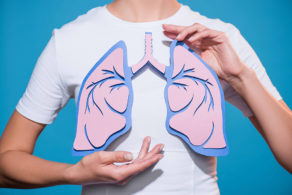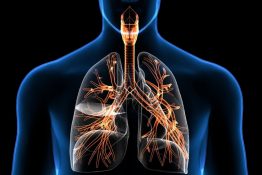- 10-30 percent of patients infected with COVID-19 may still be experiencing debilitating symptoms months after their disease.
- We can expect more than 15 million cases of long COVID-19 resulting from this pandemic in the USA.
- And more than 30.50000 cases in Cyprus.
- The average age of patients with the long COVID-19 syndrome is about 40 years old.
SYMPTOMS
- Tachycardia-orthostatic hypotension-dysautonomic irregularities
- Fatigue – dyspnea -chest pain -cough
- Headache – joint pain – insomnia -anxiety
- Cognitive dysfunction – myalgia – diarrhea
→ Without appropriate measures long COVID-19 syndrome will be the next world health disaster
→ The proper post-covid-19 evaluation is necessary not only in patients that have passed a severe disease but also for patients with moderate or even mild disease.
→ Children of all ages also may have long COVID.
Cardiologists should specialize in this field to proceed with these steps:
- Clinical examination
- Appropriate lab test Heart ultrasound – color Doppler -TDI
- Lung ultrasound
- Lower extremity ultrasound
What is ‘’long COVID’’?
‘Long – COVID’ also referred to as post – COVID conditions, post – COVID syndrome, or post-acute sequalae of SARS-Cov-2 infection (PASC), generally refers to symptoms that develop during or after acute COVID-19 illness, continue for > 4 weeks, and are not explained by an alternative diagnosis.
Persistent physical symptoms following acute COVID-19 are common and typically include fatigue, dyspnea, chest pain and cough. Headache, joint pain, insomnia, anxiety, cognitive dysfunction, myalgias and diarrhea have also been reported. The time to symptom resolution depends primarily on premorbid risk factors, the severity of the acute illness, and the spectrum of initial symptoms.
However, prolonged symptoms are common even in patients with less severe disease who were never hospitalized and in children.
New symptoms sometimes arise well after the time of infection, or they evolve over time and persist for months. They can range from mild or annoying to quite incapacitating.
The most common symptoms of long COVID (PASC) include fatigue, gastrointestinal problems, mental health issues, sleep difficulties, impaired lung capacity, and what has been called COVID brain fog. Loss of smell is also a well-recognized long-term effect, especially for healthcare workers. New research has found that more than 50% of those in medicine who had COVID-19 say their sense of smell has not returned to normal an average of 5 months after infection.
Long COVID (PASC) has been reported in all age groups, including children. Children may also have symptoms that last for months after their initial SARS -CoV-2 infection. Note than 50% of the children had at least one symptom that persisted 4 months or longer, with nearly a quarter (22.5%) reporting three or more such symptoms.
The introduction of the new term is just the latest sign that the condition is likely to stay at the forefront of discussions during the next stage of the pandemic.
Dr Zacharias Kounnis











